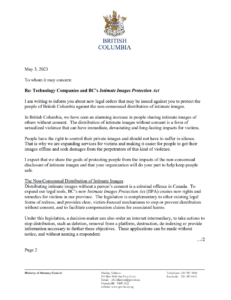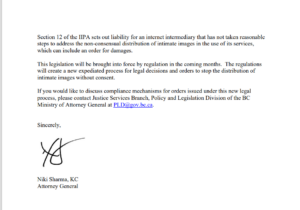BC Court of Appeal Confirms ICBC Disbursement Cap is Not “Reasonable” and Not Valid
ICBC and the government of BC have had no shortage of tricks up their sleeve to handicap the system against crash victims so the crown corporation monopoly insurer can collect more and pay out less. Many of the measures been unconstitutional or otherwise legally void and this week the BC Court of Appeal declared that the latest expert witness limits are not valid.
In 2019 BC’s Attorney General surprised the legal community with changes to the BC Supreme Court Rules limiting the number of expert reports in motor vehicle injury prosecutions. These changes were swiftly declared unconstitutional.
In 2021 the BC Government took another kick at the can and introduced a retroactive disbursement limit for individuals seeking compensation for injuries caused by the carelessness of other motorists. Basically giving litigants a choice of either not calling the necessary expert evidence to prove their claims or to prove their claims and not be able to recover the cost of doing so. In 2022 that attempt was also declared unconstitutional. The government still was not satisfied and took the issue up to BC’s Court of Appeal. This week the appellate court agreed the latest disbursement limit is void.
In reasons for judgment released this week (British Columbia (Attorney General) v. Le) BC’s highest court found the arbitrary 6% cap on recoverable disbursements was not justifiable and unreasonable. Hopefully the government finally gets the message.




